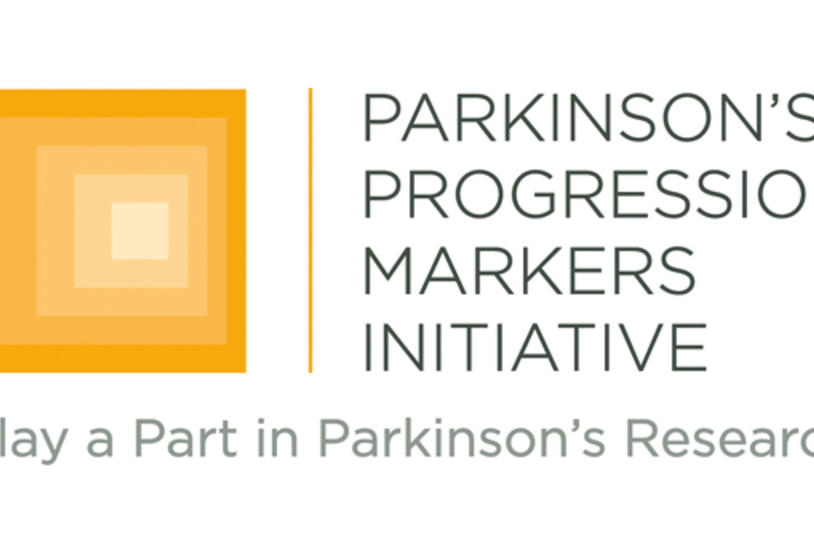
A recent paper shared the first longitudinal findings from the Parkinson’s Progression Markers Initiative (PPMI), the landmark biomarkers study sponsored by The Michael J. Fox Foundation. One of the unique advantages of PPMI is its design to follow hundreds of patients and control volunteers from around the world over time, or longitudinally.
Researchers from the University of Pennsylvania affiliated with PPMI published in the journal Neurology that depression, anxiety and fatigue are more common in newly diagnosed Parkinson’s disease patients compared to the general population.
The researchers’ examined data from 423 newly diagnosed, untreated Parkinson’s patients and from 196 control volunteers at the beginning of the study. Of these, 261 PD patients and 145 controls were evaluated at 12 months, and 96 PD patients and 83 healthy controls evaluated at 24 months. PD patients were permitted to begin dopamine therapy at any point after their first evaluation.
These findings aren’t very surprising to the research field and probably not to the patient population, either. We’ve long known that depression, anxiety and fatigue are symptoms of Parkinson’s, but one of the aims of PPMI is validation.
“PPMI is building comprehensive data sets — detailed information on many subjects — that can confirm some of the ‘truths’ we believe and may point to new findings, especially as we follow these volunteers over the next few years,” said Mark Frasier, PhD, vice president of research programs at MJFF.
“It's really a chance to assess the frequency and characteristics of psychiatric and cognitive symptoms in PD, compare it with healthy controls, and then also look at its evolution over time,” said Daniel Weintraub, MD, the senior author on the paper.
One illuminating finding from Dr. Weintraub’s study is that depression may be undertreated in the Parkinson’s population. Two-thirds of patients who screened positive for depression during the study were not taking an antidepressant.
Learn more about this symptom on our Anxiety and Depression page.
